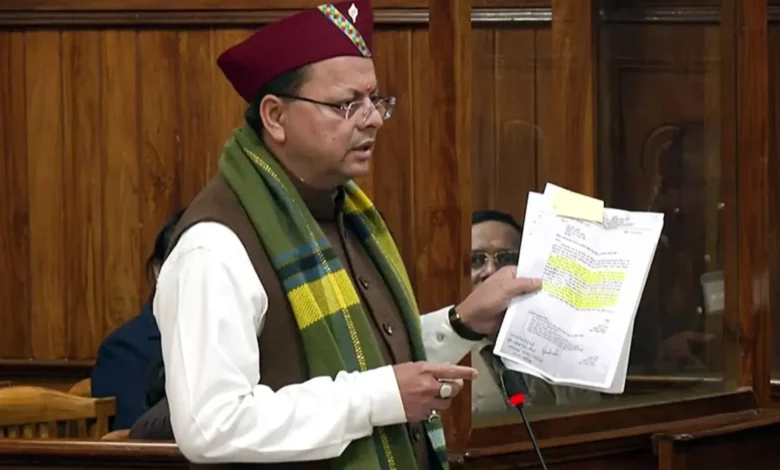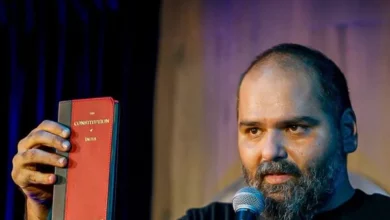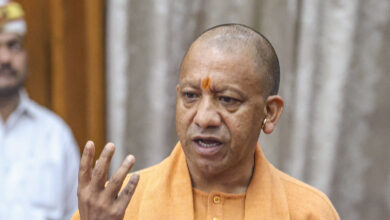
In a major development, the Cabinet led by Chief Minister Pushkar Singh Dhami approved the Uniform Civil Code (UCC) manual in a meeting at the state secretariat on Monday. It is expected that the timeline for its implementation would be announced soon.
The move came after partial amendments to the rules framed for the implementation of the UCC studied in detail by the Law Department. Discussions and finalization were made in the meeting presided over by Dhami.
After the meeting, Dhami reiterated that the government was committed to fulfilling its electoral promise it had made during the 2022 elections. “We promised the people of Uttarakhand that the UCC would be implemented once our government came into power. The draft committee designed it, and now it has been passed. Once the assent from the President is given, it becomes an Act. Training for its implementation is almost complete,” he said.
Dhami said, “It is a matter of pride that Uttarakhand is the first state in the country which is implementing UCC. We have done a lot of homework, and today it was discussed in the Cabinet. Dates for implementation will be announced soon. Since we are setting a precedent, careful examination and preparation are crucial.”
The UCC seeks to establish a uniform civil code relating to marriage, divorce, inheritance, adoption, and maintenance for all religious communities. While India has a uniform criminal code, there is no such provision for civil laws. The law does not cover tribal communities and bans ‘halala’, ‘iddat’, and ‘talaq’, part of Muslim Personal Law.
The 392-section-long UCC, in seven schedules, has been drawn from a detailed 750-page draft prepared by a five-member expert committee set up in June 2022. Chaired by Retired Justice Ranjana Prakash Desai, the panel submitted its draft to the state government on February 2, 2024.
While the State Cabinet approved the draft on February 4, the Assembly gave its approval in a special session, and on February 28, Uttarakhand Governor Lt. Gen Gurmit Singh gave his assent-a first time in independent India’s legal history.



